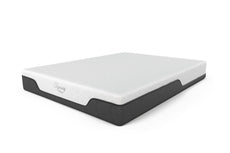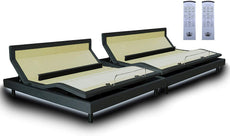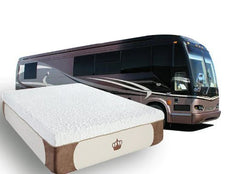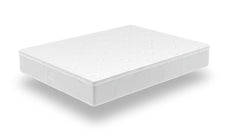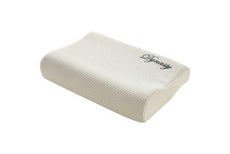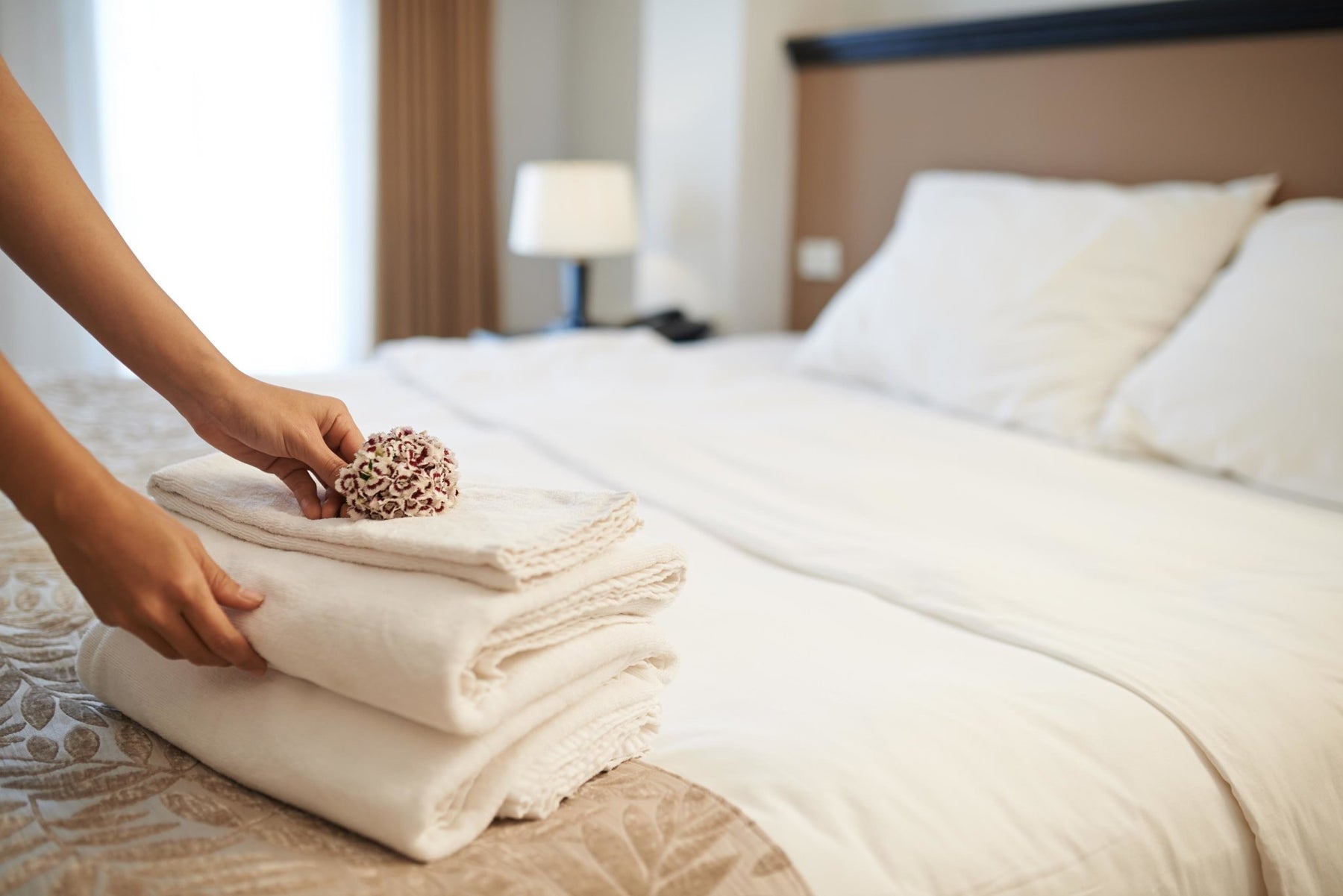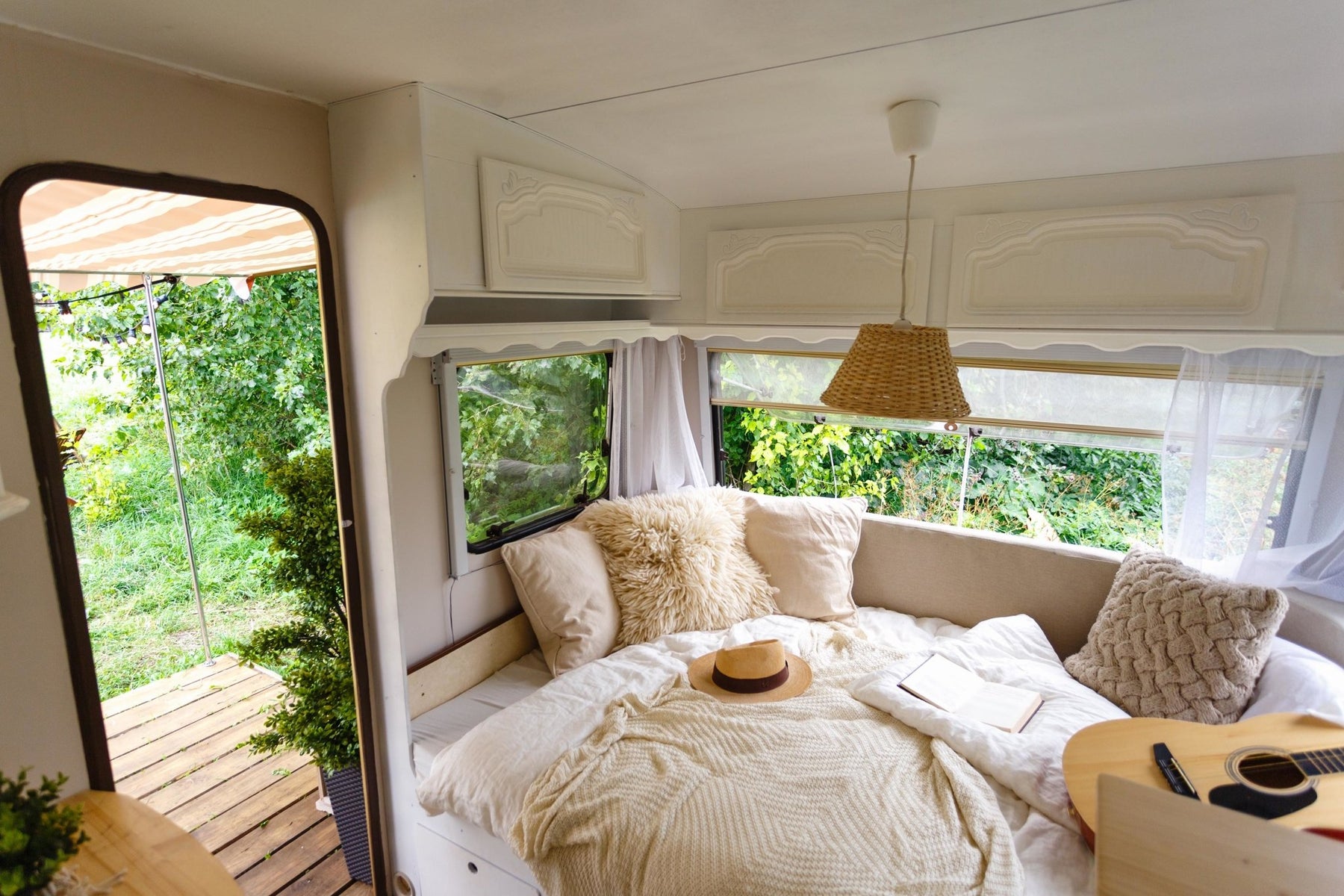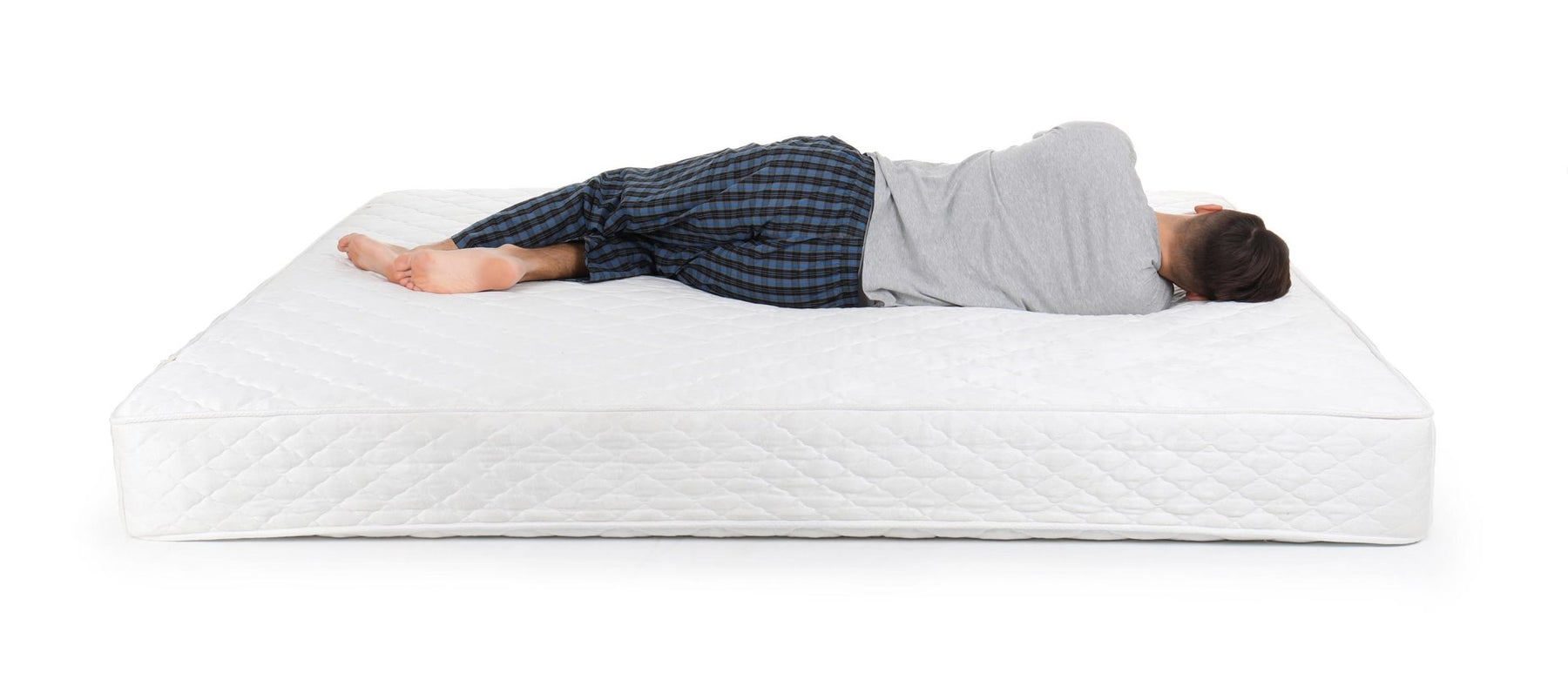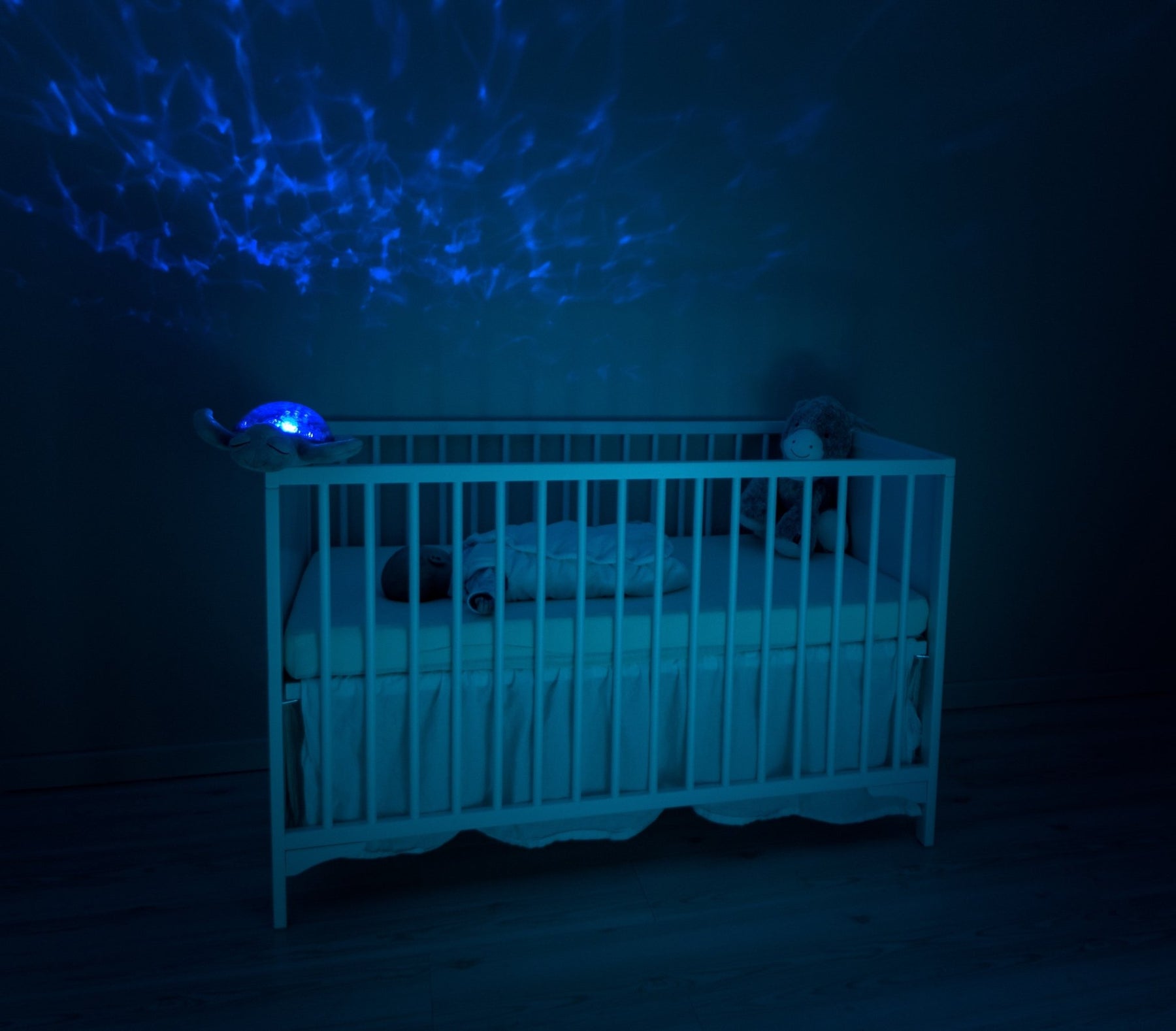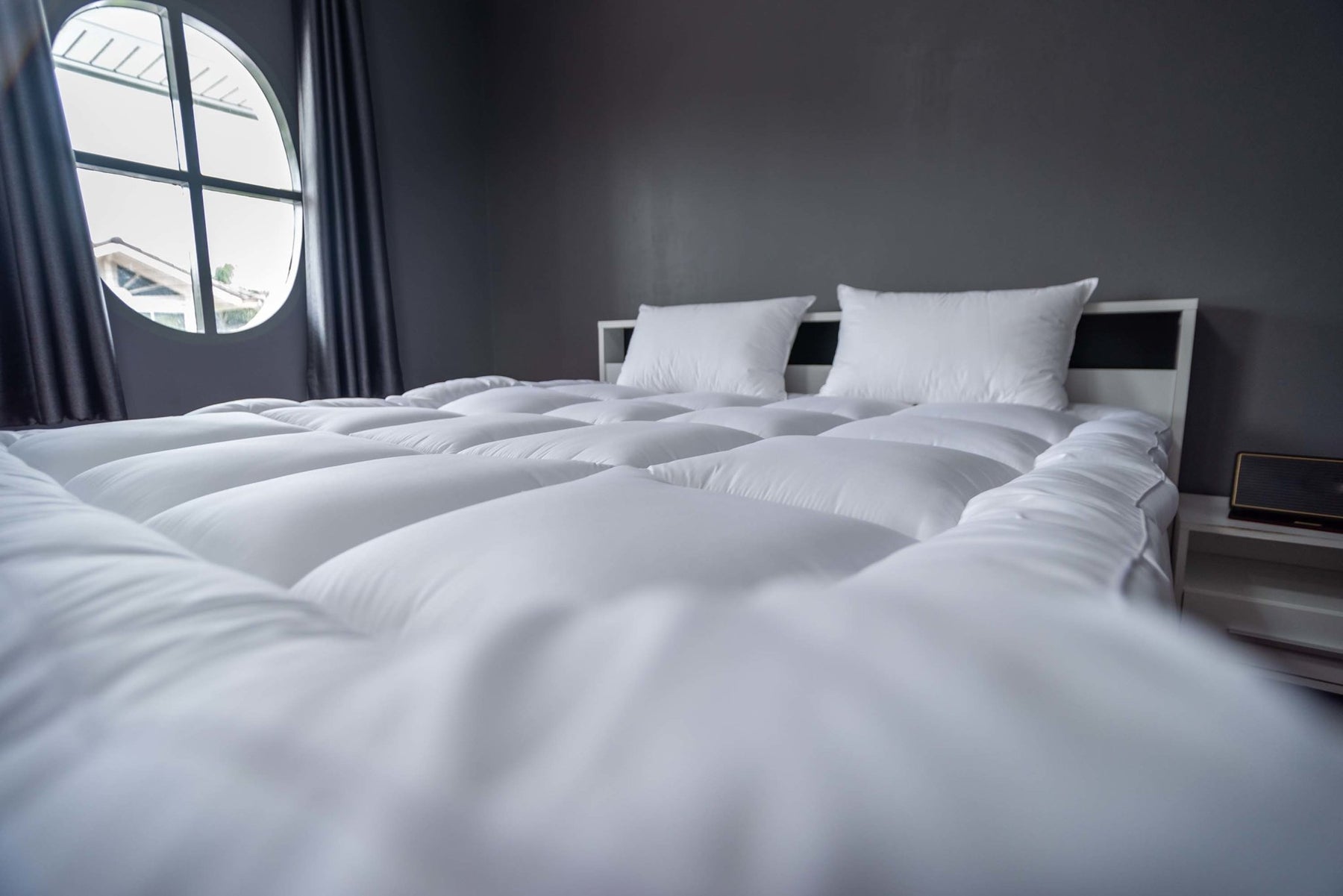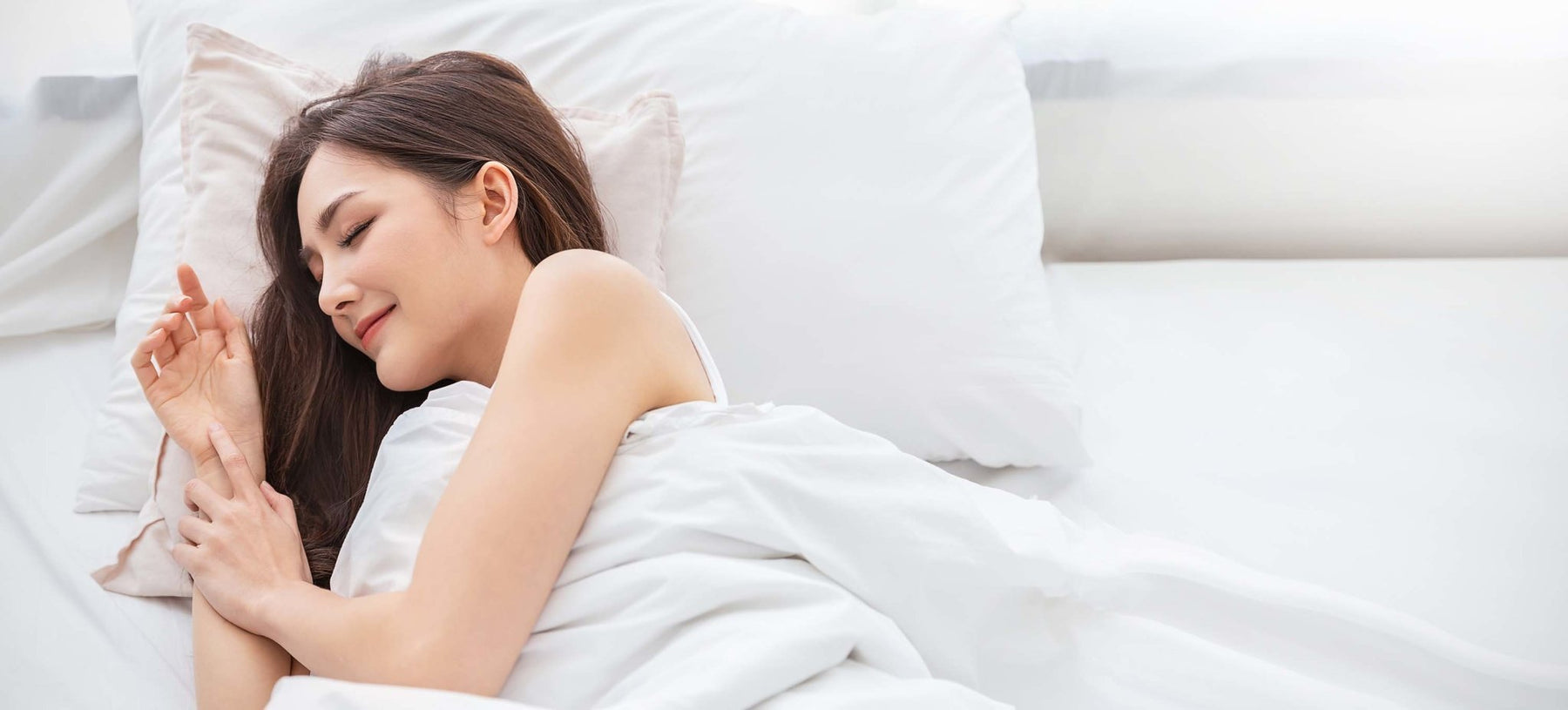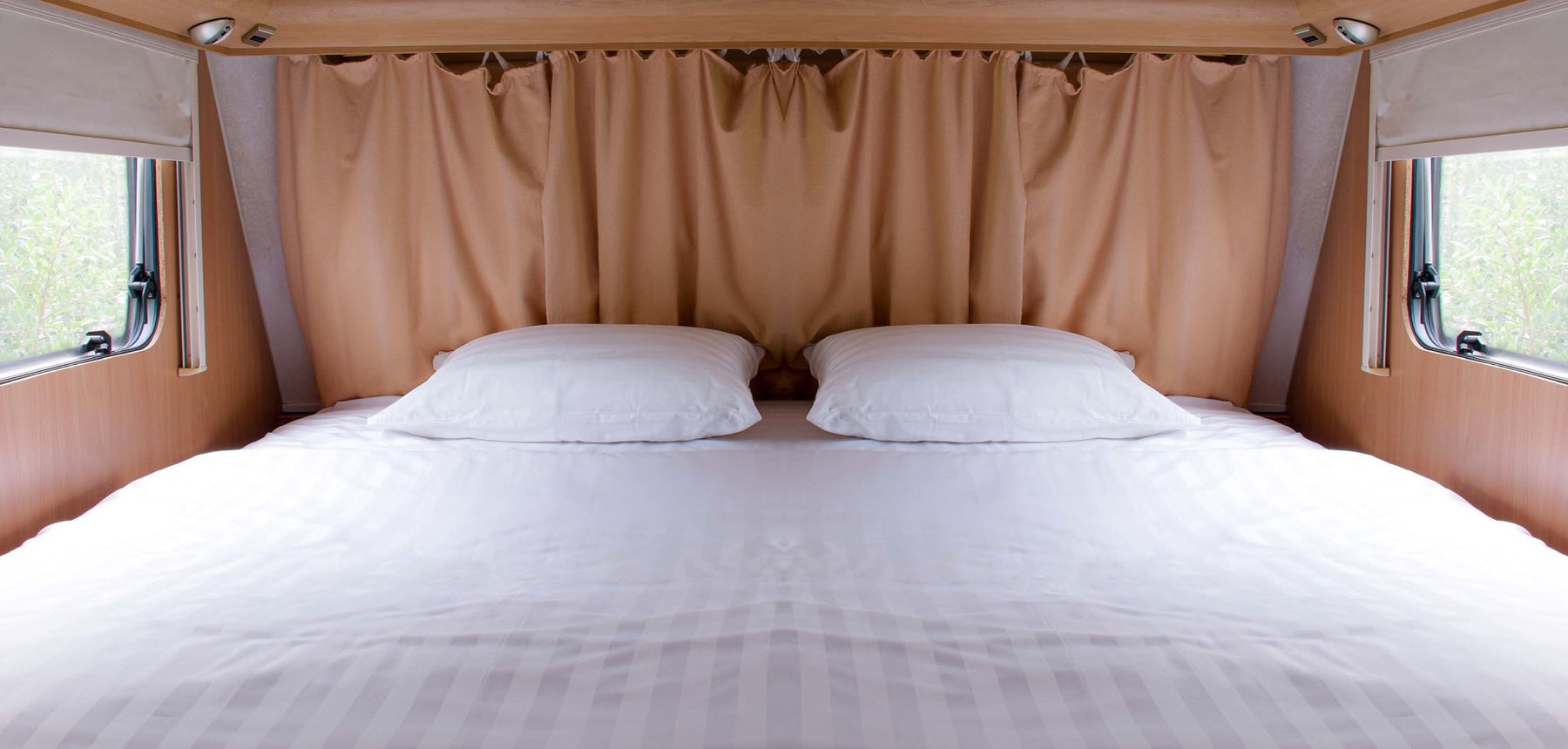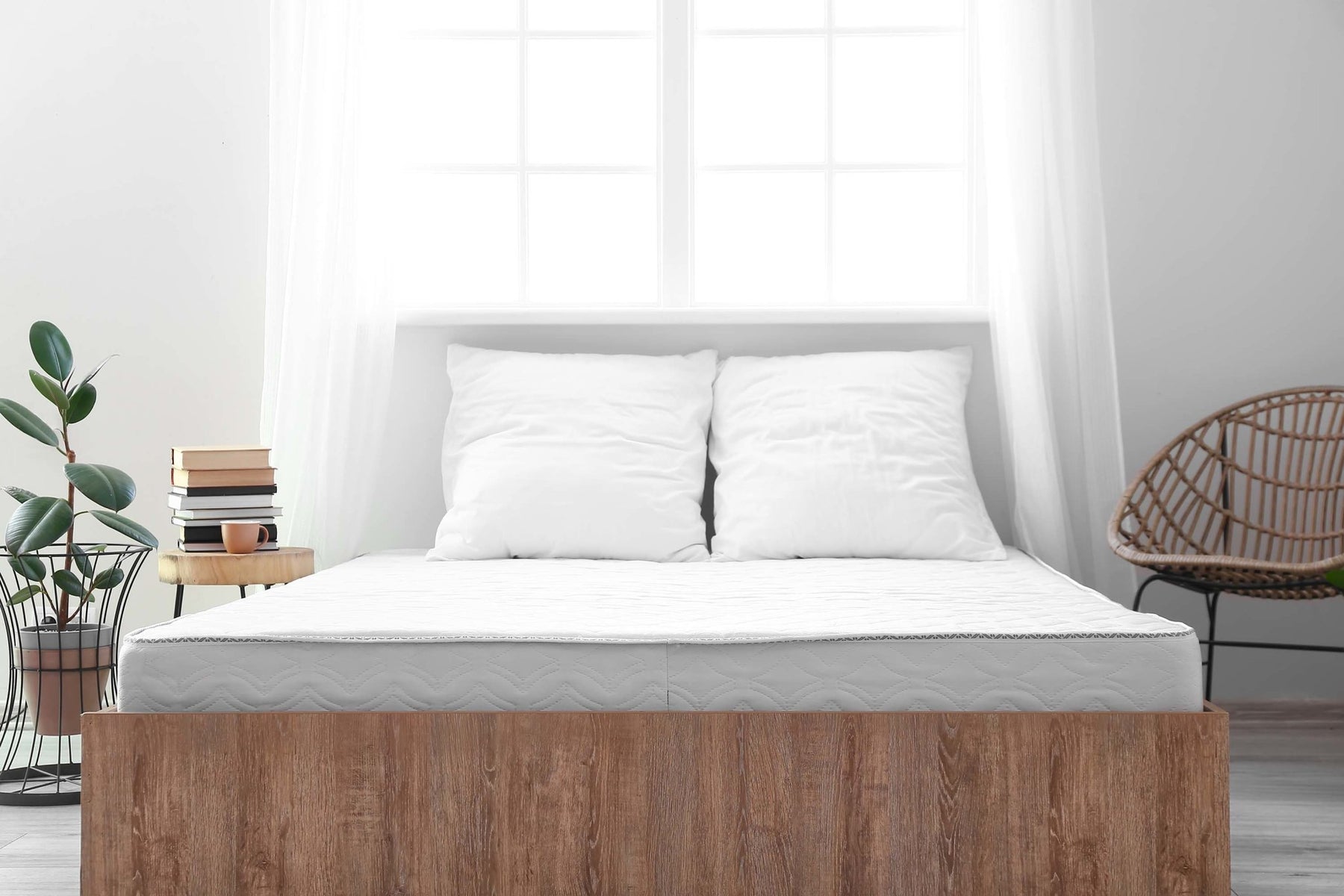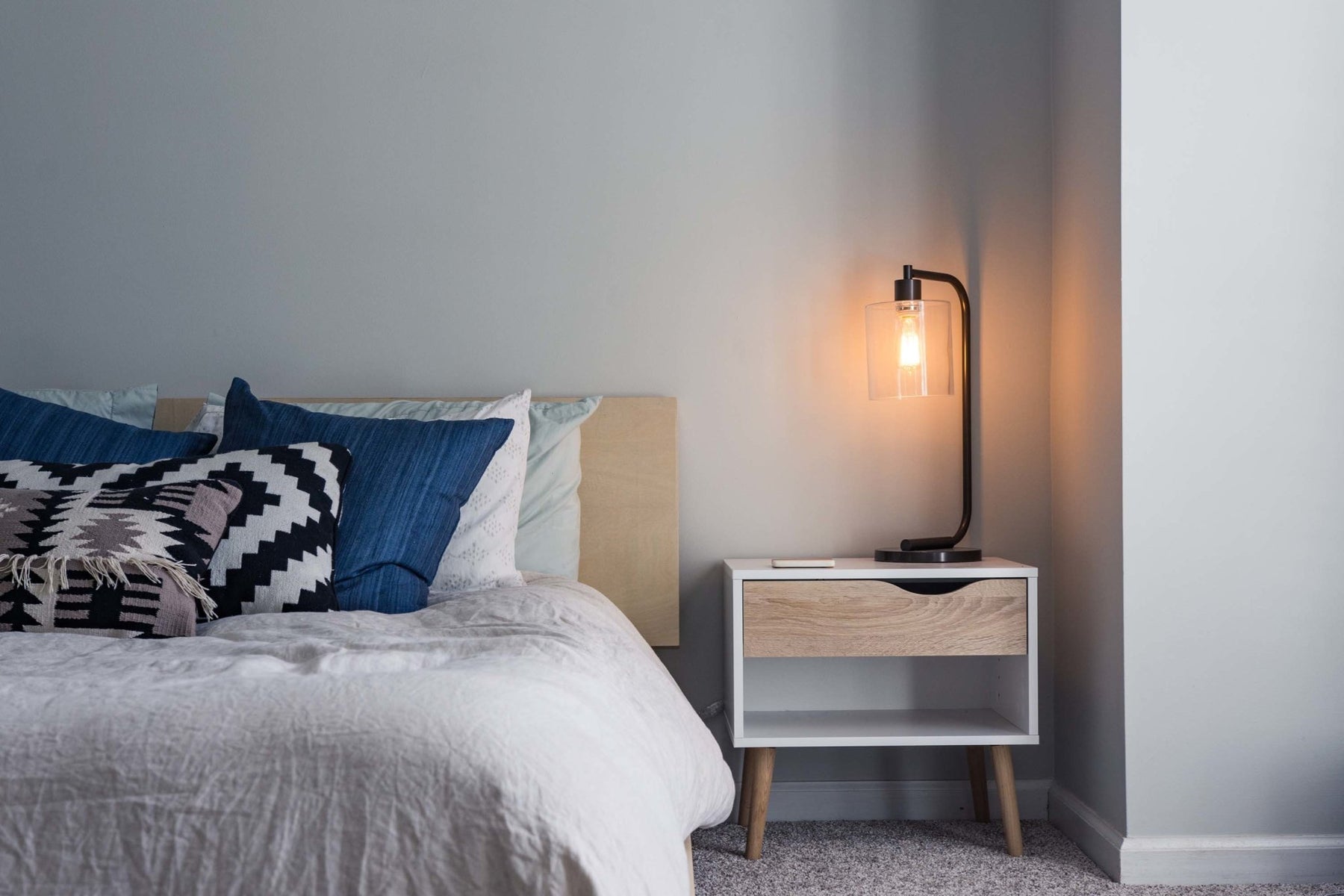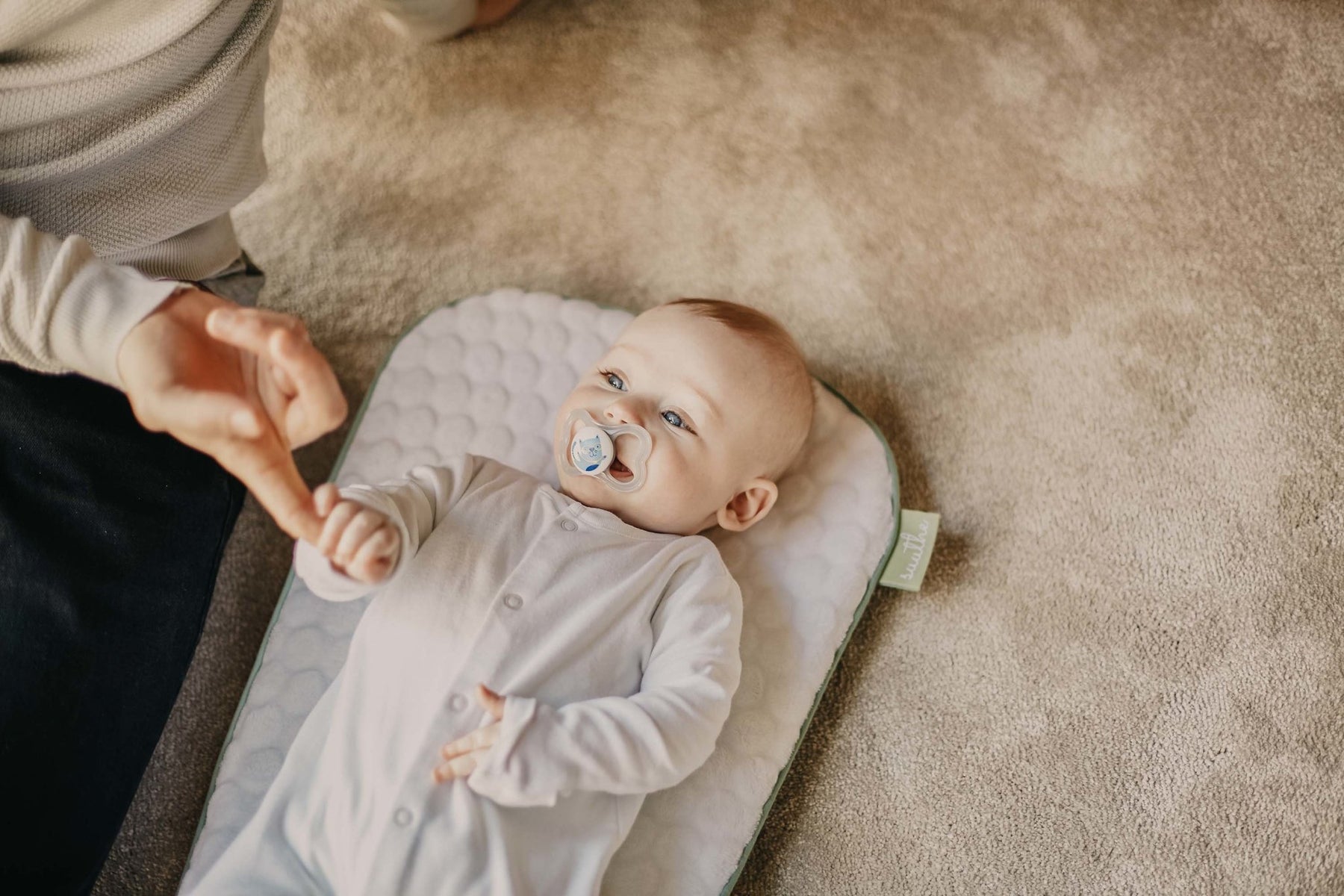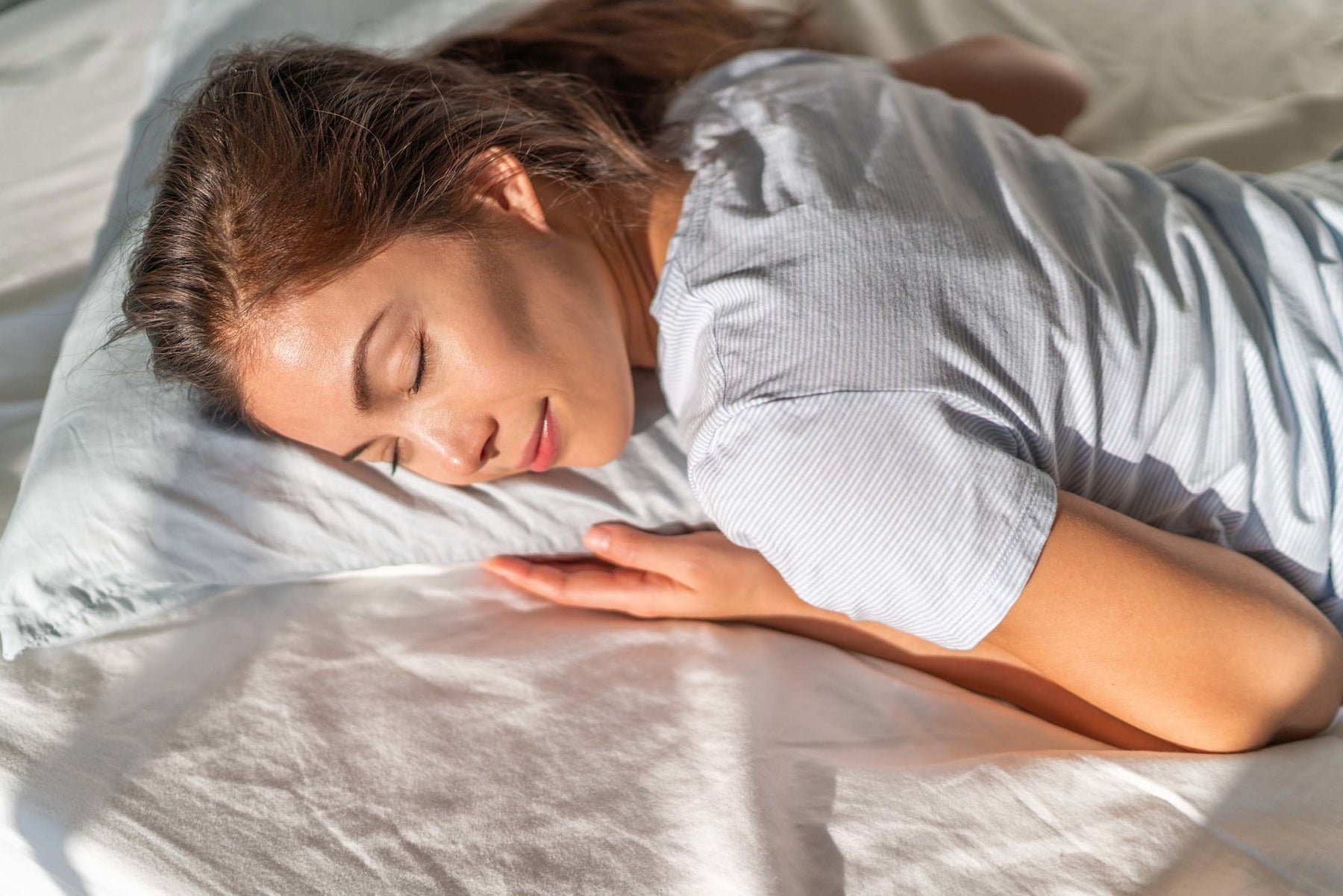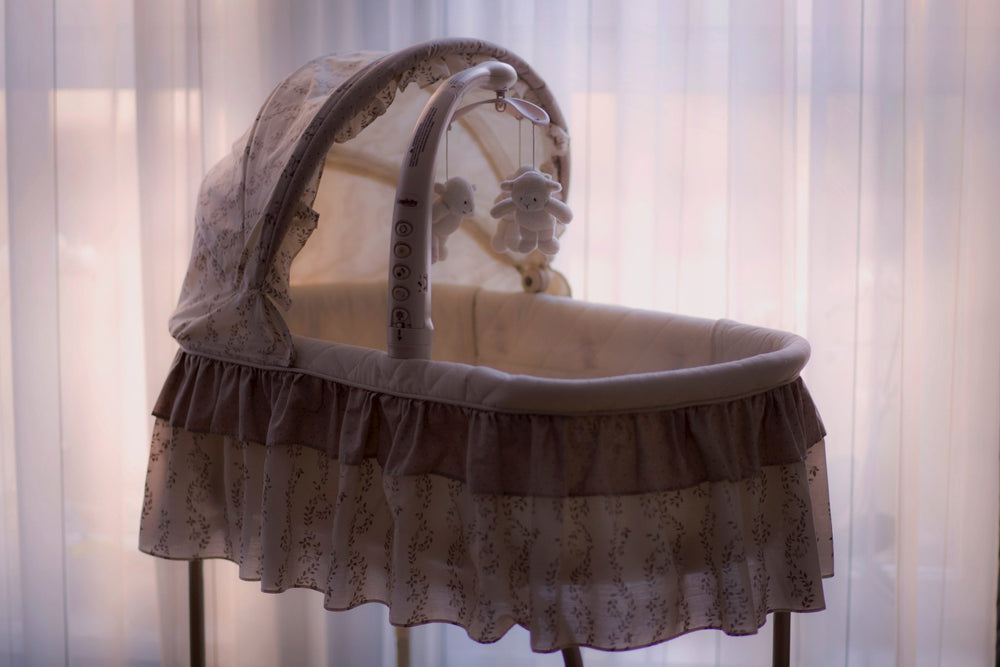
An Insider Look At Babies & Sleep Science
As new parents, one of the most common concerns is getting our babies to sleep through the night. However, understanding the science behind babies and sleep can help alleviate some of that anxiety.
Today, we’ll take an insider look at the science behind babies and sleep, explore key, nighttime issues that trouble new parents, and finish off with some tips to overcome those troubles and promote healthy sleep habits for your child! Let’s jump right in.
The Biology of Baby-Sleep
Like any natural process, babies and their sleep habits are governed by the rules of biology. In fact, the first few years of any infant's life are critical in their development, both physically as well as mentally.
That’s precisely why sleep is so important for a baby - it’s the only time their bodies can dedicate 100% to biological growth! Now that we understand the relevance of baby-sleep, let’s dig into the science behind it.
Sleep Patterns
The sleep patterns of babies are starkly different from those of adults. Newborns spend most of their time in a non-REM state of sleep. The REM state of sleep comes from the phrase “rapid eye movement,” and is generally viewed as the deepest, most restful stage of sleep; it is also the time in which we experience dreams! Babies do not experience this phenomenon until they get older. Only after about 8-12 months will an infant begin to spend more time in REM sleep
Sleep Needs
Babies’ sleep-needs also change drastically as they continue to grow older; that’s why it’s essential that parents are aware of the advisable daily sleep-hours that doctors recommend for their child.
For newborns, the general rule of thumb is to aim for around 16 to 17 hours of sleep per day, while infants (4-12 months) are recommended between 12 and 16 hours. Toddlers (1-2 years), on the other hand, only demand 11 to 14 hours of sleep, and the curve only slopes down further from there. Somewhere between the ages of 3-5, your child will only need about 10 to 13 hours of sleep—after that, they’re more or less sleeping like you!
Sleep Cycles
Babies also experience shorter sleep cycles than adults. While adults typically experience 90-minute sleep cycles, babies experience sleep cycles that last between 40-50 minutes. This means that they will wake up more frequently throughout the night.
Factors that Affect Sleep
Several factors can affect a baby's sleep patterns, including their environment, their feeding schedule, and their physical development. For example, a baby who is going through a growth spurt may experience disrupted sleep patterns, while a baby who is in a noisy or bright environment may have difficulty falling asleep.
Common Sleep Challenges
Falling Asleep
One common sleep challenge for babies is difficulty falling asleep. This can be due to overstimulation, inconsistent bedtime routine, or an uncomfortable sleeping environment.
Parents can address this by creating a consistent bedtime routine, making sure the sleeping area is comfortable and dark, and avoiding overstimulation before bedtime.
Nighttime Wakefulness
Another common sleep challenge is frequent night waking. This can be caused by hunger, discomfort, or the need for a diaper change.
You can help prevent this by maintaining a regular feeding schedule, ensuring the baby is comfortable, and having a plan in place for addressing nighttime diaper changes.
Staying Asleep
Some babies may also have trouble staying asleep throughout the night. This can be caused by teething, growth spurts, or an uncomfortable sleeping environment.
Parents can address this by addressing underlying causes such as providing pain relief for teething or ensuring the baby's sleeping area is comfortable.
Wrapping Up
It is clear that sleep is vital for a baby's growth and development, and it is important for parents to understand the science behind it and how to create the best sleep environment for their child. Remember that every baby is different, and it may take some trial and error to find the best sleep solutions for your child. But with knowledge and patience, you can help ensure that your baby gets the restful and restorative sleep they need to thrive.
Why Dynasty
One powerful way that parents can promote their baby’s sleep quality is by investing in a gel-based crib mattress. At Dynasty Mattress, we firmly stand behind the supportive and comforting features that gel brings to the table—and we also make sure to reflect them in each of our products. Come check out our baby mattresses today!
Other articles you may like
0 comments
